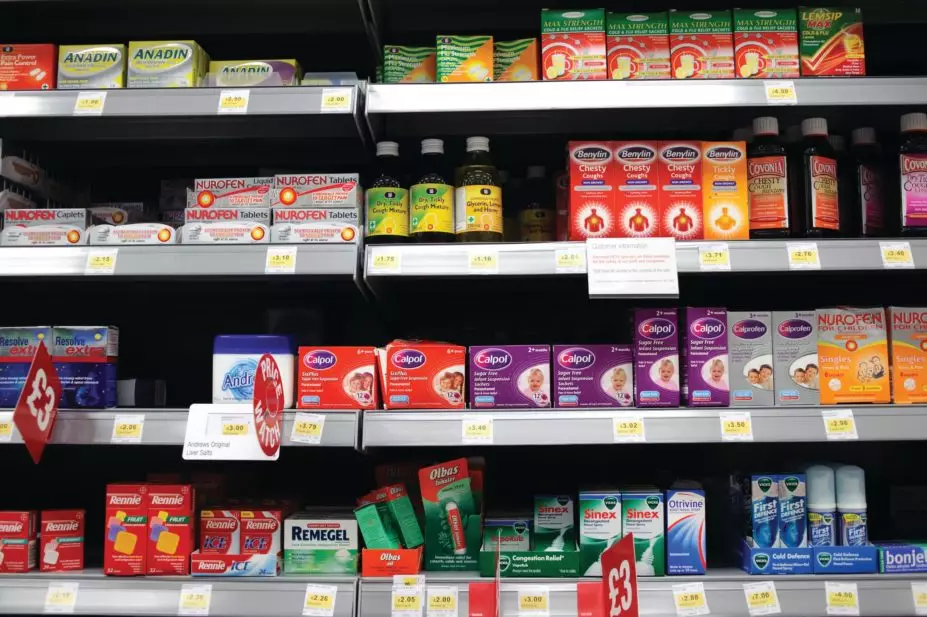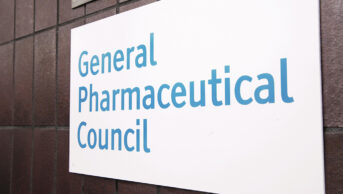
Keith Morris / Alamy
A heartburn treatment Nexium Control (esomeprazole) has become the first proton pump inhibitor (PPI) in the UK to be made available in corner shops and supermarkets, following its reclassification to a general sales list (GSL) medicine by the medicines regulator. Other PPIs, including omeprazole, lansoprazole, rabeprazole and pantoprazole, are only available from pharmacies without a prescription, known as Pharmacy only (P) medicines.
Pfizer bought the right to market the product from AstraZeneca and plans to sell it from mid-February 2015.
Nexium Control (20mg tablets) had been authorised as a non-prescription medicine through the European Union’s centralised procedure in August 2013, but had not been launched in the UK. In its public assessment report, the Medicines and Healthcare products Regulatory Agency (MHRA) said that, in the UK, the product was considered to be authorised to be sold as a Pharmacy only (P) medicine.
Pfizer says Nexium Control is already available as an over-the-counter (OTC) product in Germany, France, Italy, Malta and Ireland. Its application for GSL classification in the UK was granted after the MHRA undertook a public consultation in July 2014 to which there were 10 responses: two in favour of reclassification, four which raised issues and four oppositions, including by the Royal Pharmaceutical Society (RPS), the professional body for pharmacists.
In its submission, the RPS says: “Pharmacy sale of medicines is usually the first step in widening public access and offers added safety.
“Patients often fail to read the patient information leaflet when they purchase a medicine, as GSL medicines are perceived as harmless. Many will not realise, or ignore the fact that Nexium should only be used for up to two weeks.”
PPIs increase the risk of fractures and the risk of developing GI infections such as Clostridium difficile. “A pharmacist would be able to recognise the alarming symptoms of diarrhoea that will not improve,” the submission adds.
The product, which is taken at a dose of 20mg daily, is authorised for the short-term treatment of reflux symptoms, such as heartburn, in adults (up to two weeks). It will be available in packs of 7 and 14 tablets.
According to the Proprietary Association of Great Britain (PAGB), which represents manufacturers of OTC medicines, there have been five centrally authorised prescription-only medicine (POM) to OTC switches in the EU: orlistat, pantoprazole, rabeprazole, esomeprazole and ulipristal acetate. “Apart from esomeprazole (Nexium), the others are all marketed as P medicines in the UK,” says a spokesperson.


